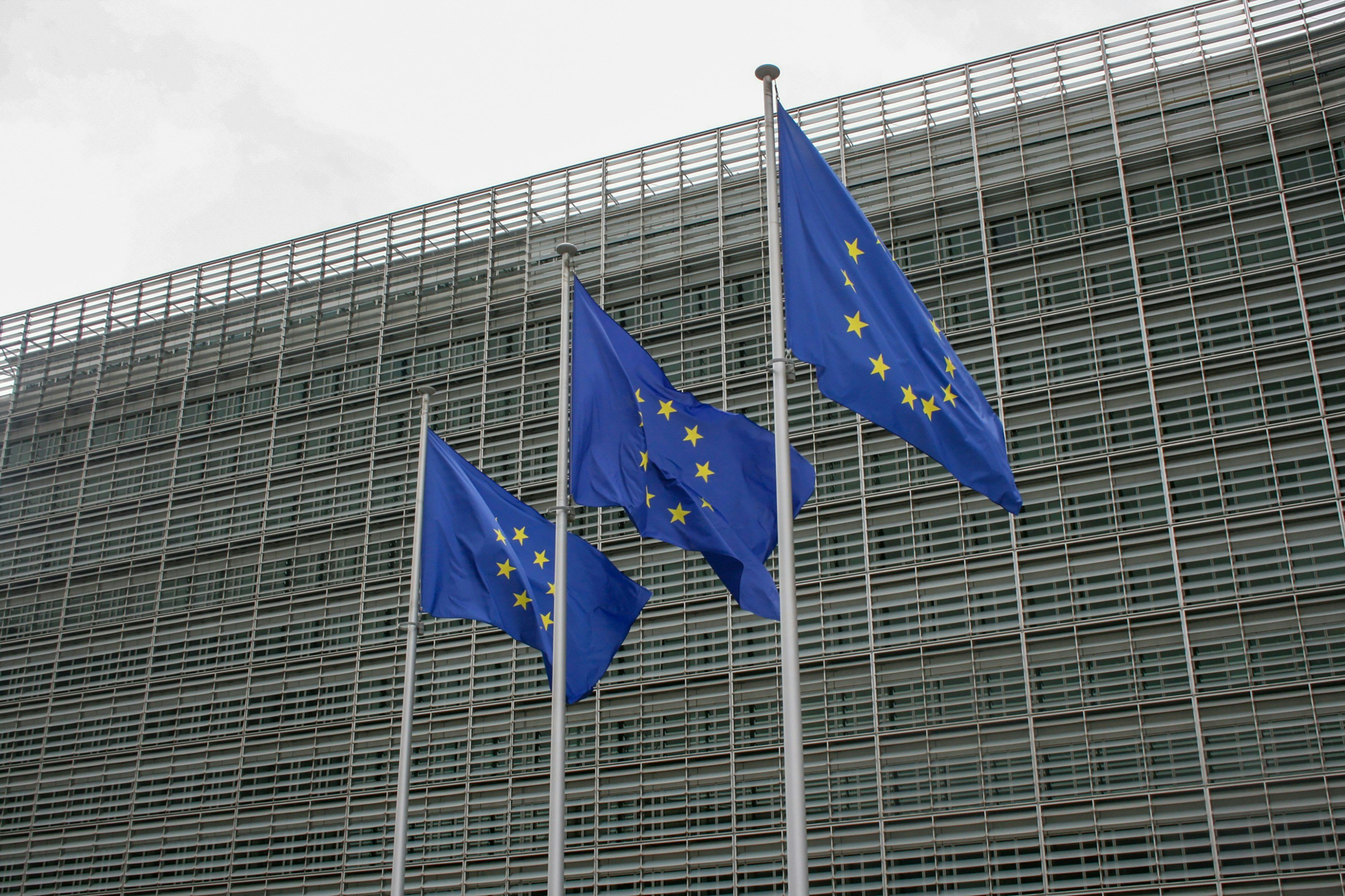EMA changes transparency rules to emphasize patient and trial staff privacy

Information about study participants and staff must be anonymized in marketing authorization applications for candidate drugs, but CROs can be named, according to revised EU transparency guidelines.
The EMA and HMA emphasized the need for patient privacy in the guideline adopted last month, explaining that drug industry trial sponsors must obfuscate any information that could be used to identify people who take part.
“Information on participants involved in clinical trials and clinical studies must be pseudonymized when included in the MAA dossier submitted to competent authorities. Applicants should ensure that the dossier submitted meets the legislative requirements.”
They cited the General Data Protection Regulation (GDPR) – the framework for the safety, storage, and handling of personal data in the EU – as well as the Data Protection Regulation (EUDPR) – data protection rules for EU institutions - as prompts for the revision.
CRO staff
The revised guideline also states that, in most cases, information about medical experts and clinical trial staff involved in studies should be anonymized.
“The EMA does not consider that the names or personal details of staff with no legally defined responsibilities – such as the staff of the marketing authorization holder, the contract research organization and the contract manufacturing organization – need to be included in the MAA dossier.
“Applicants are therefore advised that such data should not be included in the MAA dossier. If present in the MAA dossier, such PD should be anonymized,” the authors wrote.
In contrast, in most cases, details of staff with legally defined responsibilities – pharmacovigilance experts, principal investigators, and coordinating investigators – should be included as they are deemed to be in the public interest.
The exception is when the disclosure of such information would put the person involved at risk, according to the EMA.
The agency wrote that the “names of experts or designated personnel with legally defined responsibilities may be considered for anonymization if it can be demonstrated that the disclosure of such information may present a security risk or affect the integrity of those individuals.”
CRO contracts
The document also makes clear that while personal information about study staff should remain private, sponsors are free to include details of any contract services organizations they hire in regulatory submissions.
“Reference to an existing contract with companies responsible for non-clinical and clinical studies, such as CROs, is not regarded as CCI [commercially confidential information] as they may contribute to and be responsible for important information included in the dossier.
“The names of these CROs are therefore considered to be information, which can be disclosed,” the agencies noted.
Learn more about clinical trial data transparency at our upcoming conference.
Unsplash/Carl Gruner